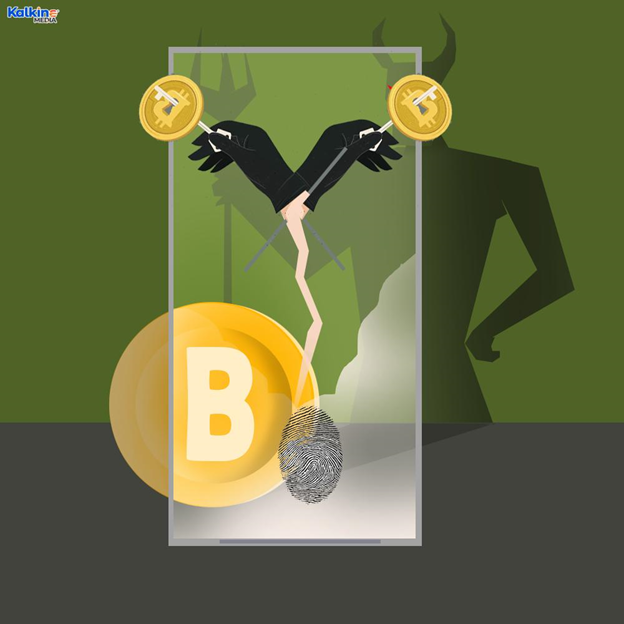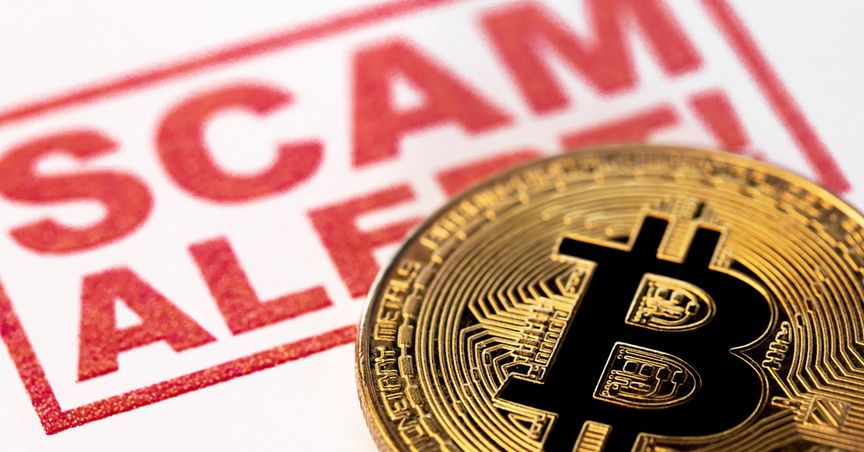Highlights
- Crypto scammers robbed nearly US$1.3 billion from dating app users.
- In 2021 alone, scammers stole around US$547 million from people on dating apps.
- The victims paid most of the stolen amount in cryptos.
Crypto scammers are increasingly targeting unsuspecting young women on dating apps to rob their money. First, they befriend them on dating sites before brainwashing them to buy cryptos and shift the assets into fake accounts and exchanges, never to be heard from them again.
Many victims have reported such incidences on apps like Hinge and Tinder lately. The fraudsters would send victims friendship requests or marriage proposals to win their trust. After they become friends, they advise them to invest in cryptos for their happy life ahead.
They would persuade the victims to deposit the digital assets they purchased from genuine platforms into fake accounts or exchanges, which typically look real, before vanishing.
The scammers also create fake mobile apps to expand their dragnet.
The New York Times reported that a young woman was recently robbed of US$300,000 worth of Bitcoins (BTC) after the scammer brainwashed her to deposit them in his fake wallet. Interestingly, the young woman never met her virtual friend in person.
In another incident, Niki Hutchinson was also robbed similarly by her virtual friend who promised her a serious relationship. According to the Daily Mail, Hutchinson had reportedly entered into a romantic relationship with the person on Hinge, a dating app.
Also Read: Is HyperVerse (HVT) crypto a Ponzi scam?
Are Young Women On Dating Apps New Target For Crypto Scammers?
Cases of crypto scams rise
According to the Federal Trade Commission, around US$1.3 billion were stolen from victims by romance scammers over the last five years, the highest in all the FTC fraud categories.
The numbers have increased mostly in recent years, the FTC said early this month. In 2021 alone, a total of US$547 million were stolen in various online frauds, about 80% higher than the prior year. The median individual rate of the reported losses in 2021 was US$2,400.
However, the crypto losses accounted for around US$139 million in 2021, five times more than in 2020 and around 25 times higher compared to 2019.
Also Read: Can geopolitical tensions prove to be a boon for Exxon (XOM) stock?

Source: ©2022 Kalkine Media®
Scams started in China before hitting Europe, US
According to experts, these scams started in China before making their way into the US and Europe. In the first seven months of 2021, more than 1800 cases of crypto dating scams were reported in the US, according to the Oregon office of the FBI.
The experts warned that, unlike other scams that mainly target the elderly who are less technology-savvy, the romance scams target the young and educated, primarily women, through dating apps like Tinder, Bumble, Hinge, etc.
Also Read: What is Raydium (RAY) crypto and why it is gaining attention?
Bottomline
The crypto market has witnessed robust growth in recent years. Many cryptocurrencies like Bitcoin (BTC), Ethereum (ETH), etc., saw their all-time highs last year. The rally may have also helped scammers to brainwash people.




